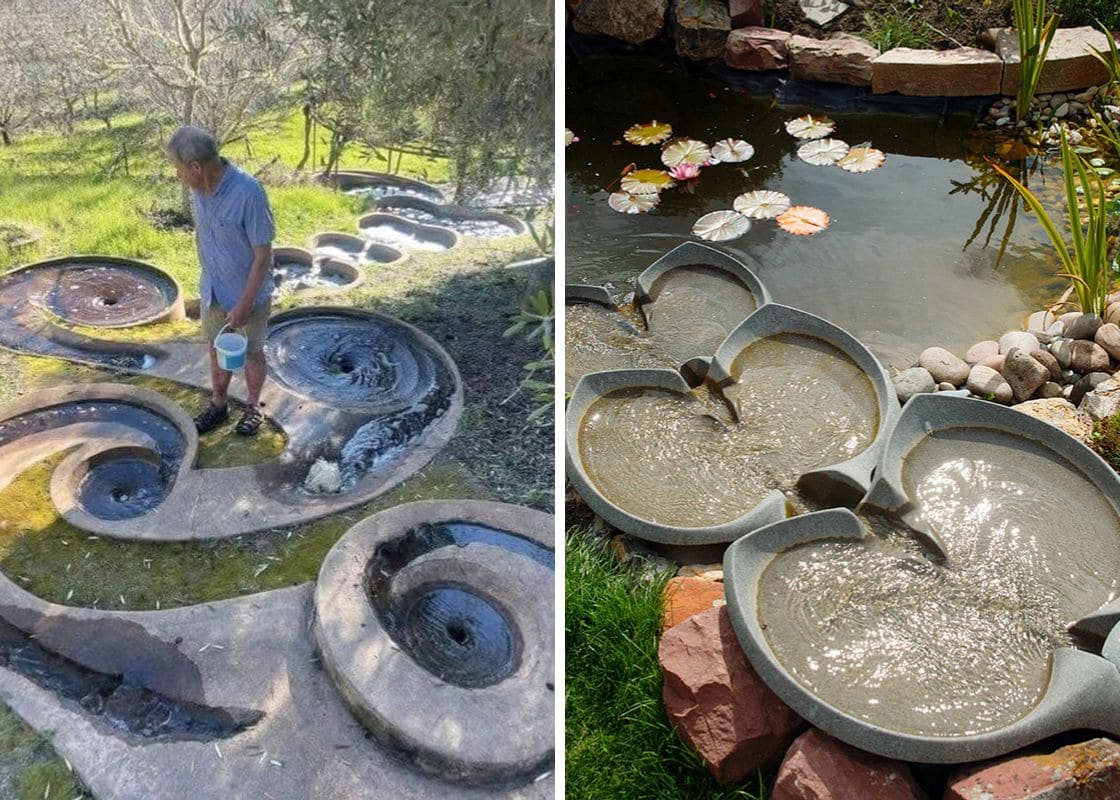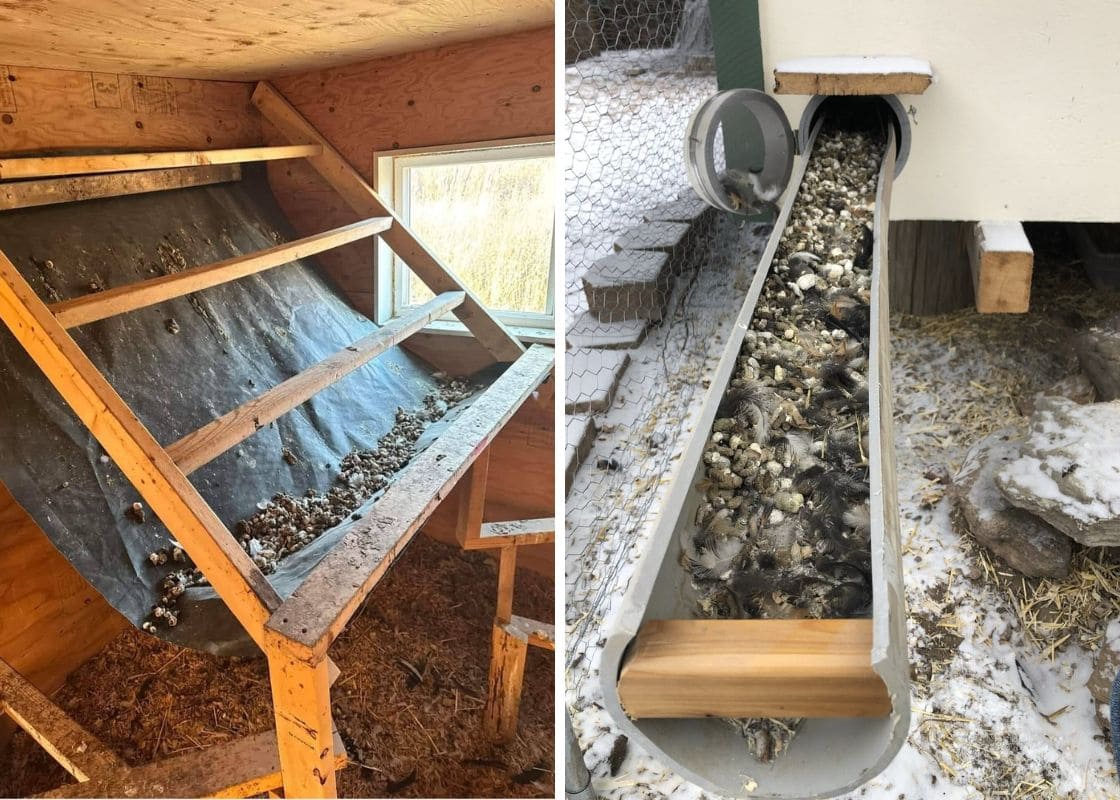Horse chestnut (Aesculus hippocastanum), a tree native to southeastern Europe, is widely recognized for its medicinal properties.
Its seeds, leaves, and bark are rich in compounds like aescin, tannins, and flavonoids, which contribute to its therapeutic uses.
However, it’s important to use horse chestnuts safely and correctly to enjoy their benefits.
#1. Improves Vein Health
Horse chestnut is best known for its ability to support vein health. Its active compound, aescin, strengthens blood vessel walls and reduces swelling.
Therefore, horse chestnut is especially helpful for conditions like varicose veins and chronic venous insufficiency.
In addition, regular use can improve circulation in the legs, reducing discomfort and heaviness caused by poor blood flow.

2. Reduces Swelling
The anti-inflammatory properties of horse chestnuts make them effective in reducing swelling in the body.
It helps relieve edema, particularly in the legs and ankles, caused by poor circulation or injuries.
Moreover, studies show that aescin decreases fluid buildup in tissues, providing noticeable relief for those with inflammation-related issues.

3. Supports Joint Health
Horse chestnut is beneficial for managing joint pain and stiffness. Its anti-inflammatory compounds help reduce swelling around joints.
So, horse chestnut is considered a popular remedy for arthritis and other inflammatory conditions. You can use horse chestnut to naturally ease joint discomfort and improve mobility.

4. Promotes Heart Health
The antioxidants in horse chestnut protect your blood vessels from oxidative stress, which can lead to heart disease.
These compounds also support healthy blood flow and reduce pressure on your heart.
In addition, its ability to improve circulation makes it a valuable herb for overall cardiovascular health.

5. Eases Hemorrhoid Symptoms
Horse chestnut is commonly used to relieve hemorrhoid symptoms, such as pain, itching, and swelling.
Its anti-inflammatory and vein-strengthening properties reduce discomfort and promote healing.
Regular use of horse chestnut ointments or supplements may provide relief from hemorrhoid-related issues.

6. Combats Free Radicals
Rich in antioxidants, horse chestnut fights free radicals that damage your cells. This not only slows down the aging process but also reduces the risk of chronic diseases caused by oxidative stress.
As a result, you should include horse chestnut in your wellness routine, which can help protect your body and promote long-term health.

7. Supports Skin Health
Horse chestnut’s anti-inflammatory and antioxidant properties benefit your skin by reducing redness and irritation. It’s especially helpful for conditions like eczema, rosacea, or general skin inflammation.
Besides that, topical applications of horse chestnut extract can soothe irritated skin and promote a more even complexion.

How to Use Horse Chestnut
- Capsules or supplements: Take horse chestnut supplements as directed by a healthcare provider to improve vein health or circulation.
- Topical creams: Apply horse chestnut creams or gels to areas with varicose veins, swelling, or irritation.
- Tea: Steep dried horse chestnut bark in hot water to create a soothing tea. Drink in moderation.

Cautions and Precautions
Horse chestnut should not be consumed raw, as it contains toxic compounds that can cause digestive issues. Always use processed forms like supplements or creams that have been made safe for use.
Moreover, pregnant and breastfeeding women should avoid horse chestnuts due to a lack of safety data. If you are taking blood-thinning medication or have a bleeding disorder, consult your doctor before use.
Disclaimer
This article is for informational purposes only and not a substitute for professional medical advice.
Always consult a healthcare provider before using horse chestnut for health or medicinal purposes.







